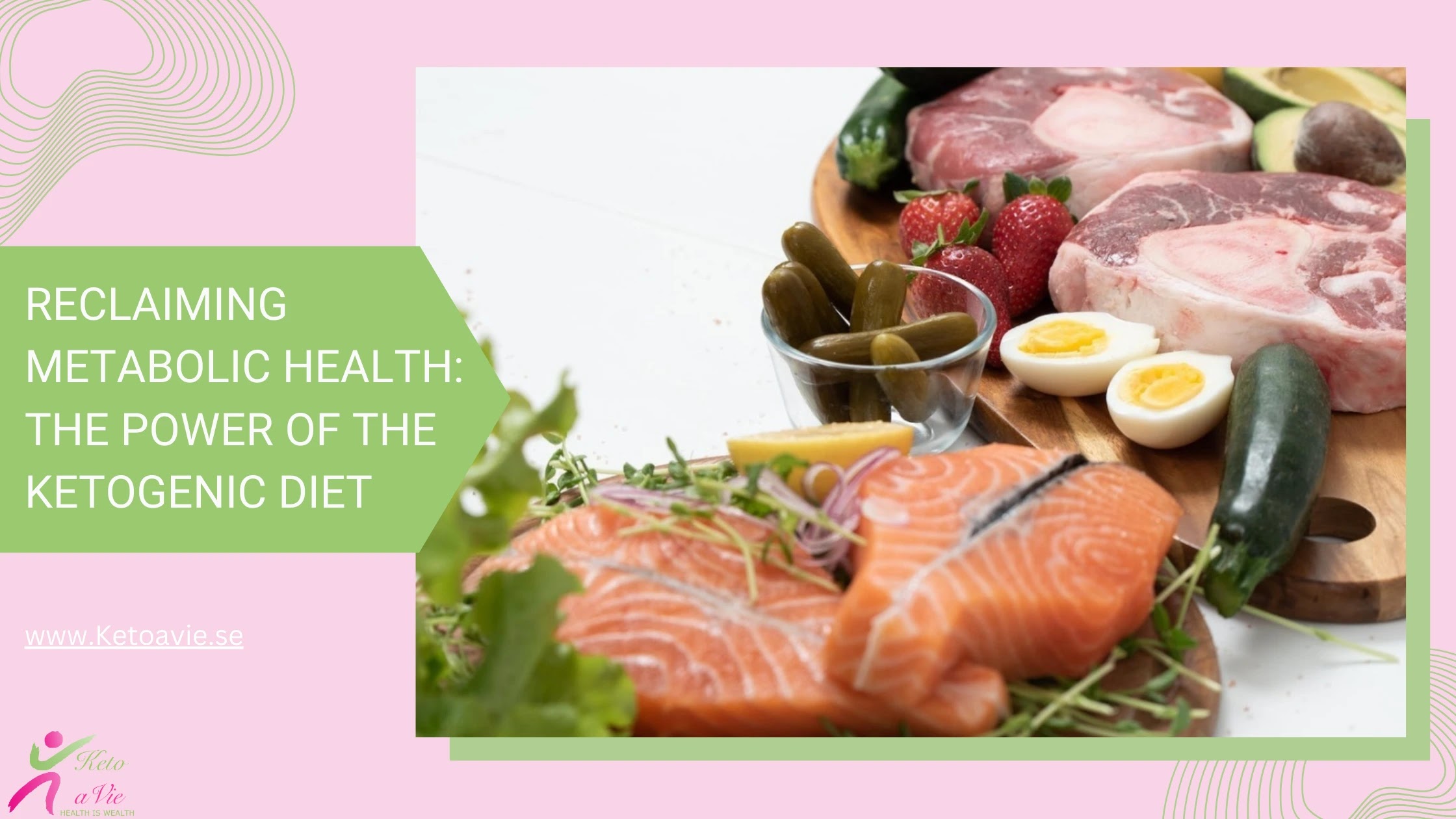Fasting and Menstruation: How to Adjust Your Routine for Optimal Health!
Intermittent fasting has become a popular wellness trend, but many women are unsure how it impacts their menstrual cycle.
Unlike men, women experience cyclical hormonal changes — fluctuations in estrogen, progesterone, and cortisol — that affect metabolism, energy, and appetite.
Understanding these shifts is key to making fasting work for your hormones, not against them.(*)
Proper timing and meal composition can help stabilize mood, support fat metabolism, and reduce inflammation during your cycle.
The Menstrual Cycle and Hormones
The menstrual cycle has three main phases:
- Follicular Phase (Days 1–14): Hormones and energy start low, then gradually rise.
- Ovulatory Phase (Days 14–15): Estrogen peaks, and energy levels are at their highest.
- Luteal Phase (Days 15–28): Hormones surge, then drop before menstruation, often increasing hunger and cravings.
Each phase has its own hormonal landscape, which affects how well your body tolerates fasting.
The Best Fasting Hours During Each Menstrual Phase
During menstruation (Days 1–5):
Estrogen and progesterone are low. Try 12–14 hour fasts with nourishing meals. Avoid prolonged fasting to reduce stress on the body.
Follicular phase:
Energy improves—experiment with 14–16 hour fasts. Your body is more insulin-sensitive, so fasting feels easier.
Ovulatory phase:
Keep fasts moderate (around 14 hours). Focus on hydration and electrolytes to support ovulation.
Luteal phase:
Estrogen dips, and cortisol sensitivity rises. Shorten your fasts to 12 hours, and prioritize magnesium, vitamin B6, and complex carbs (pumpkin, avocado, greens).
👉 Tip: Crescendo fasting — gradually increasing fasting hours — can prevent hormonal stress and improve adaptation.
What to Eat During Your Period for Energy & Hormonal Balance
When fasting, your feeding window should focus on nutrient-dense, anti-inflammatory meals.
Include:
- Leafy greens (spinach, kale, broccoli) for iron and magnesium
- Turmeric and ginger to reduce cramps and inflammation
- Peppermint tea to ease bloating and nausea
- Water-rich fruits like cucumber and oranges for hydration
Avoid:
Refined carbs, processed snacks, and sugary drinks that can worsen insulin resistance and mood swings.
⚠️ When to Avoid Fasting
Fasting is not recommended if:
- You are pregnant or trying to conceive (it can lower fertility hormones)
- You have a history of eating disorders or severe adrenal fatigue
- You feel dizzy, overly fatigued, or experience worsened PMS symptoms
Always listen to your body and consult a healthcare professional before making dietary changes.
Additional Benefits of Fasting
- Improves insulin sensitivity and blood sugar control (*)
- Enhances mental clarity and focus
- Reduces inflammation and supports cellular repair
- May help regulate mood swings through norepinephrine balance
💬 FAQs
❓ Can I fast during my period if I have PCOS?
Yes, but keep fasts shorter (12–14 hours) and ensure meals are rich in protein and healthy fats. Intermittent fasting can support insulin balance, but avoid over-fasting to prevent cortisol spikes.
❓ Is intermittent fasting safe for fertility?
Fasting may support hormone balance, but long fasts can suppress ovulation if body fat or calories are too low. Women trying to conceive should focus on nutrient density and regular meals.
Final Thoughts
Fasting during menstruation can be a powerful tool for hormonal balance and metabolic health — when done mindfully.
By syncing your fasting routine with your menstrual phases, you can:
✅ Reduce PMS symptoms
✅ Improve energy and focus
✅ Support healthy weight and insulin balance
Always tune in to your body’s signals, stay hydrated, and prioritize nutrient-dense foods during your feeding window.
📲 Ready to Go Deeper?
Explore my 7-Day Keto & Fasting Trial or my 30-Day Hormone Balance Plan here:👉 https://beacons.ai/ketoavie
💌 Contact: info@ketoavie.se
🌐 Website: www.ketoavie.se
📘 Instagram: @ketoavie




Comments
Post a Comment